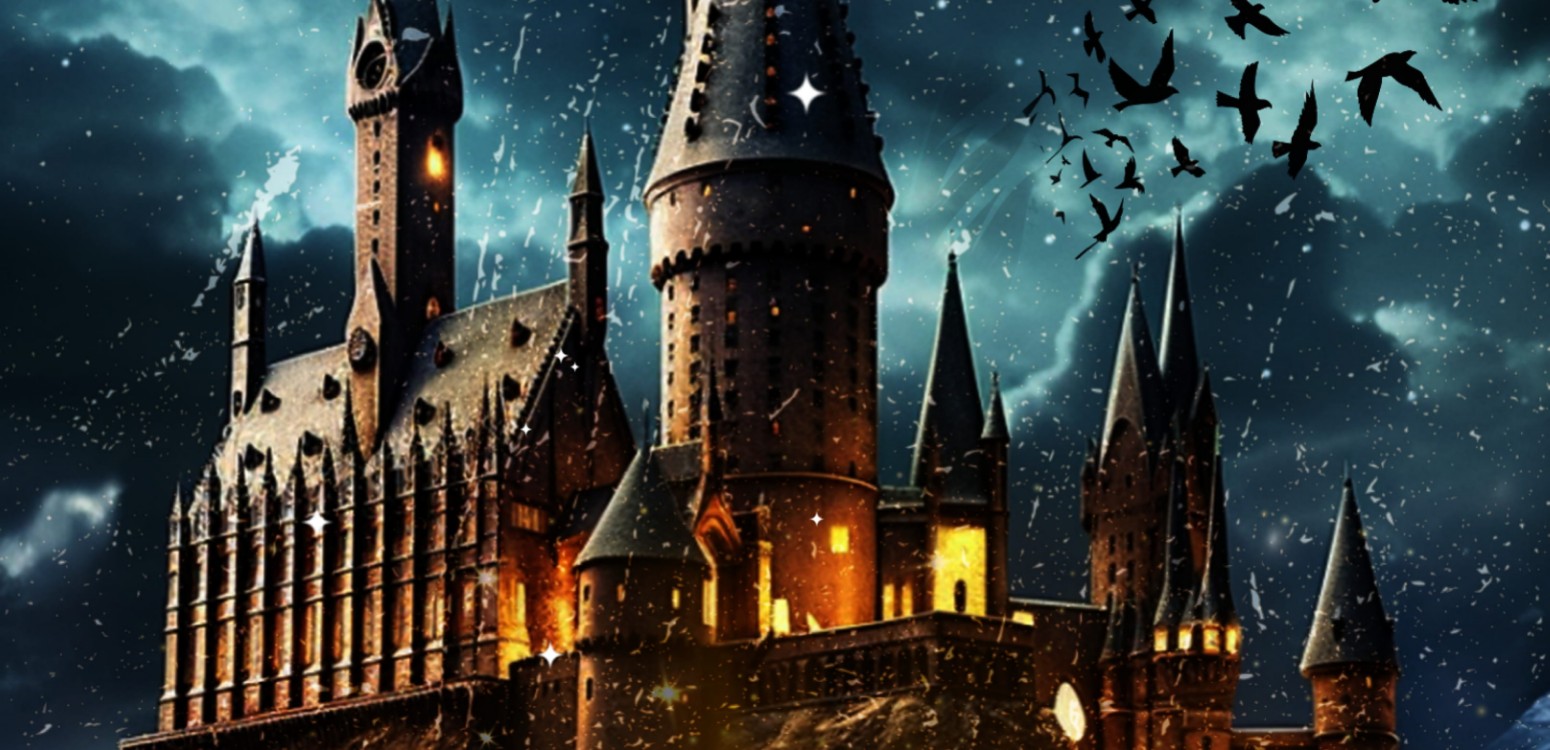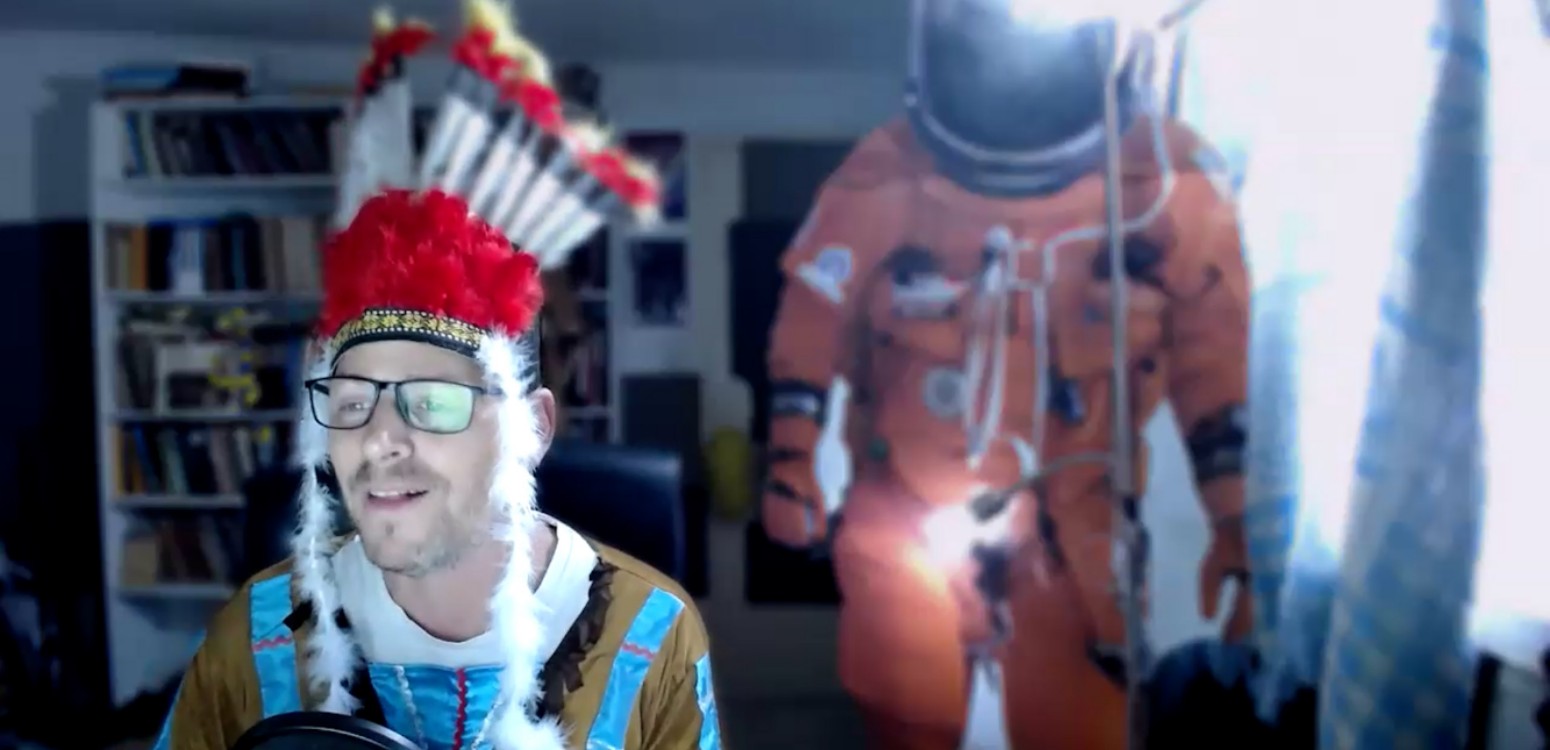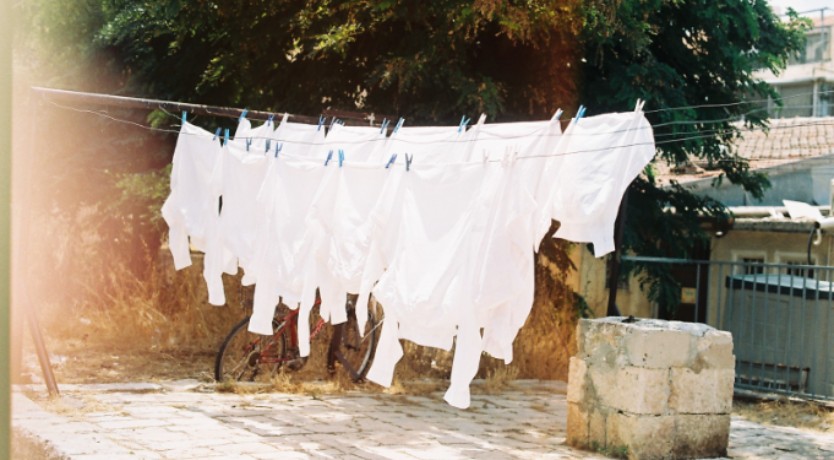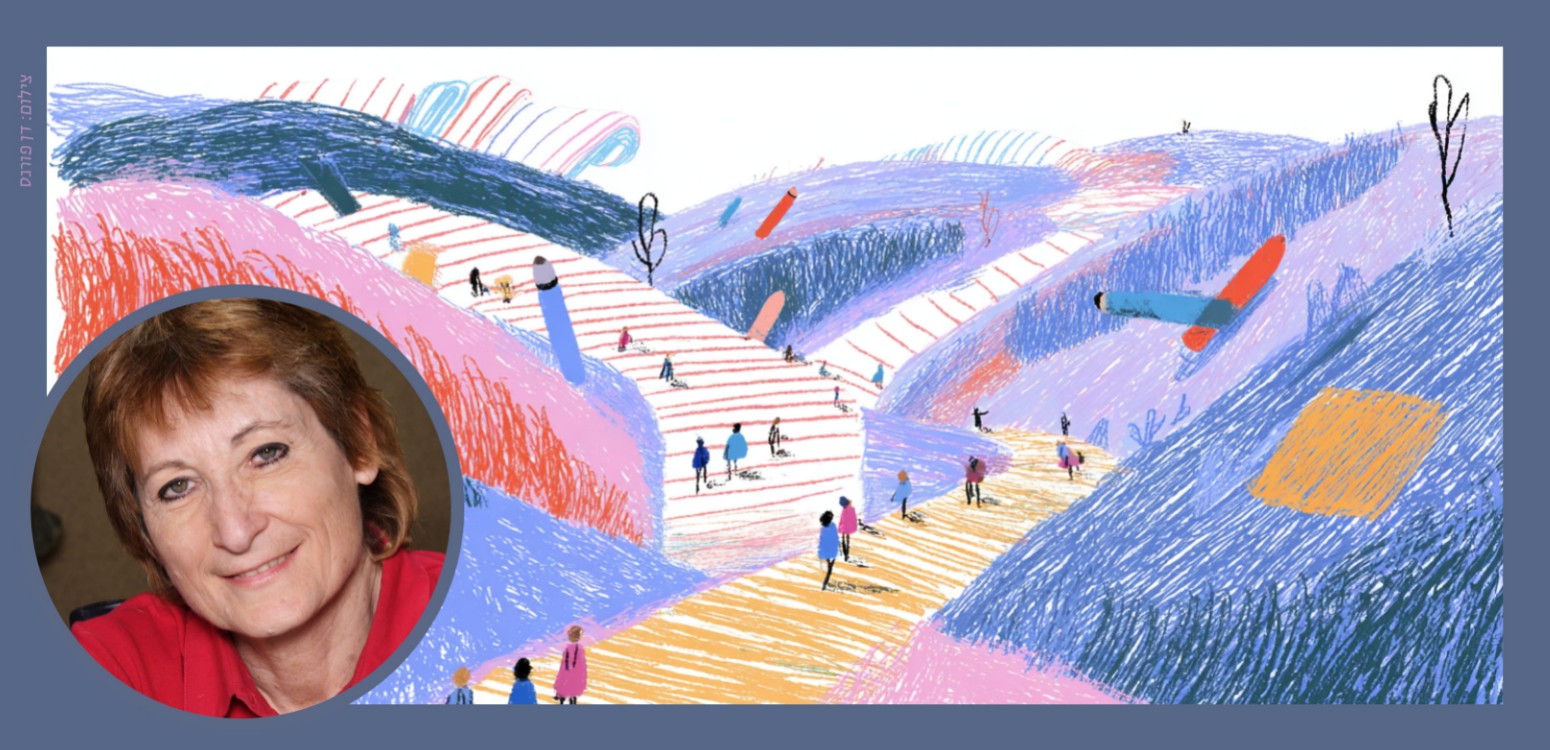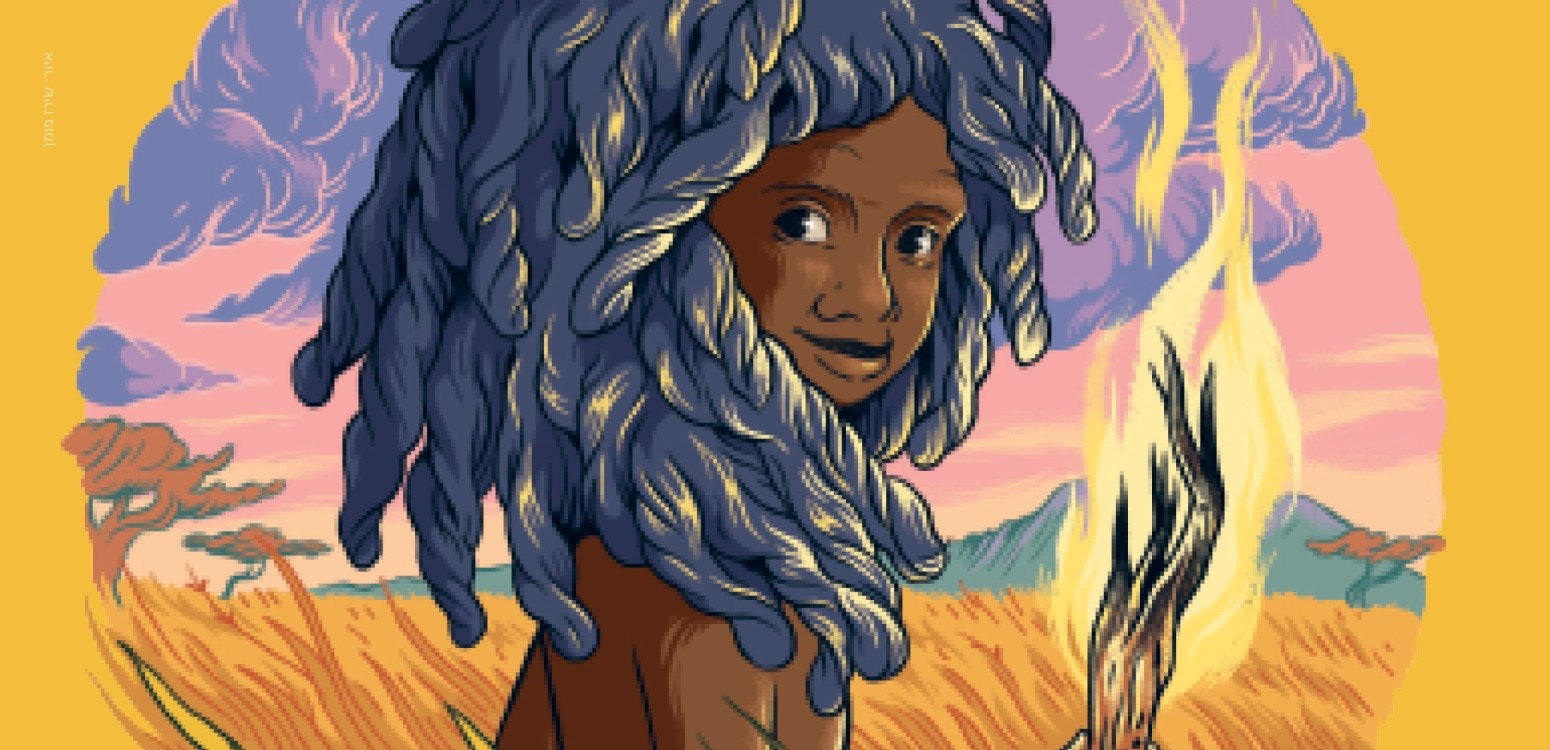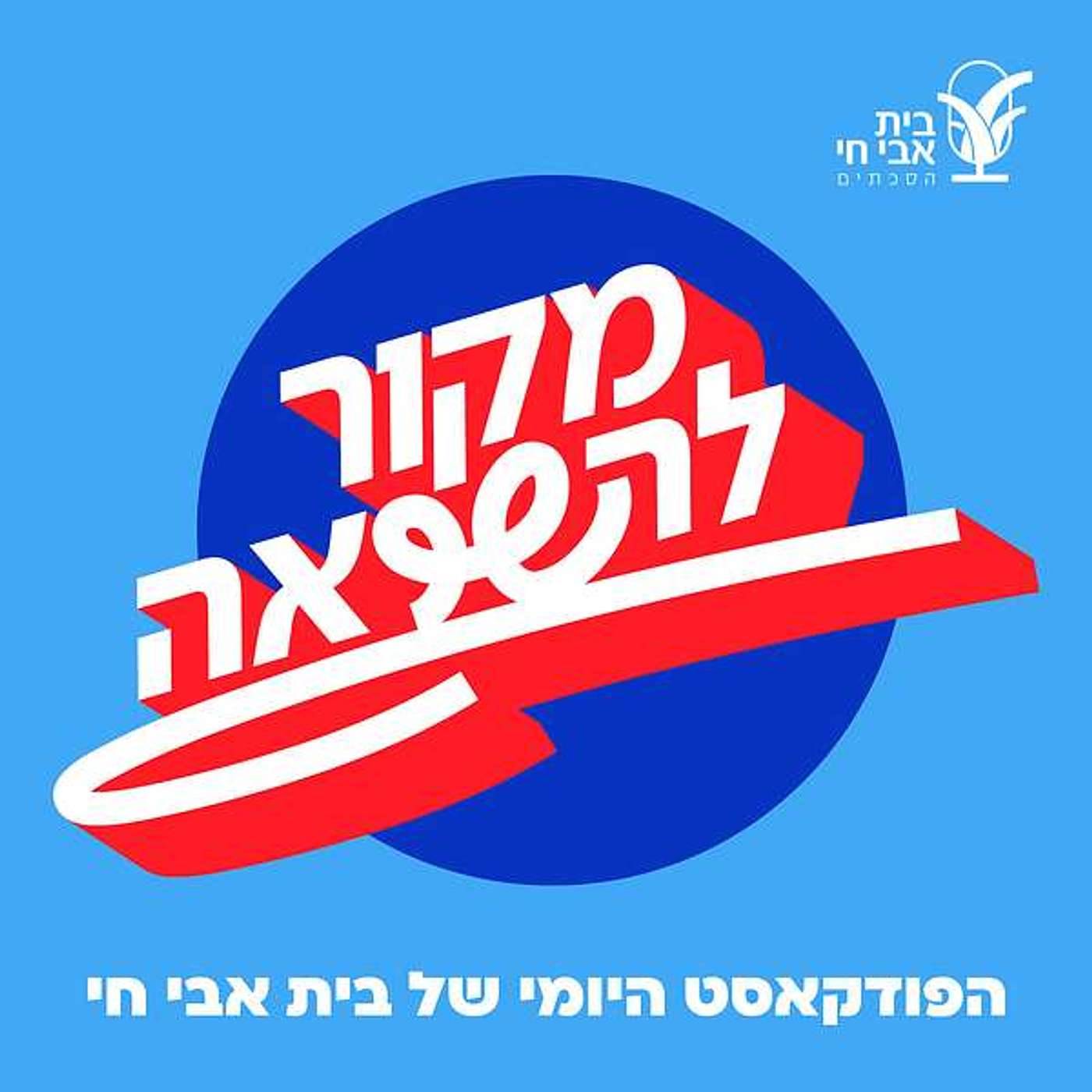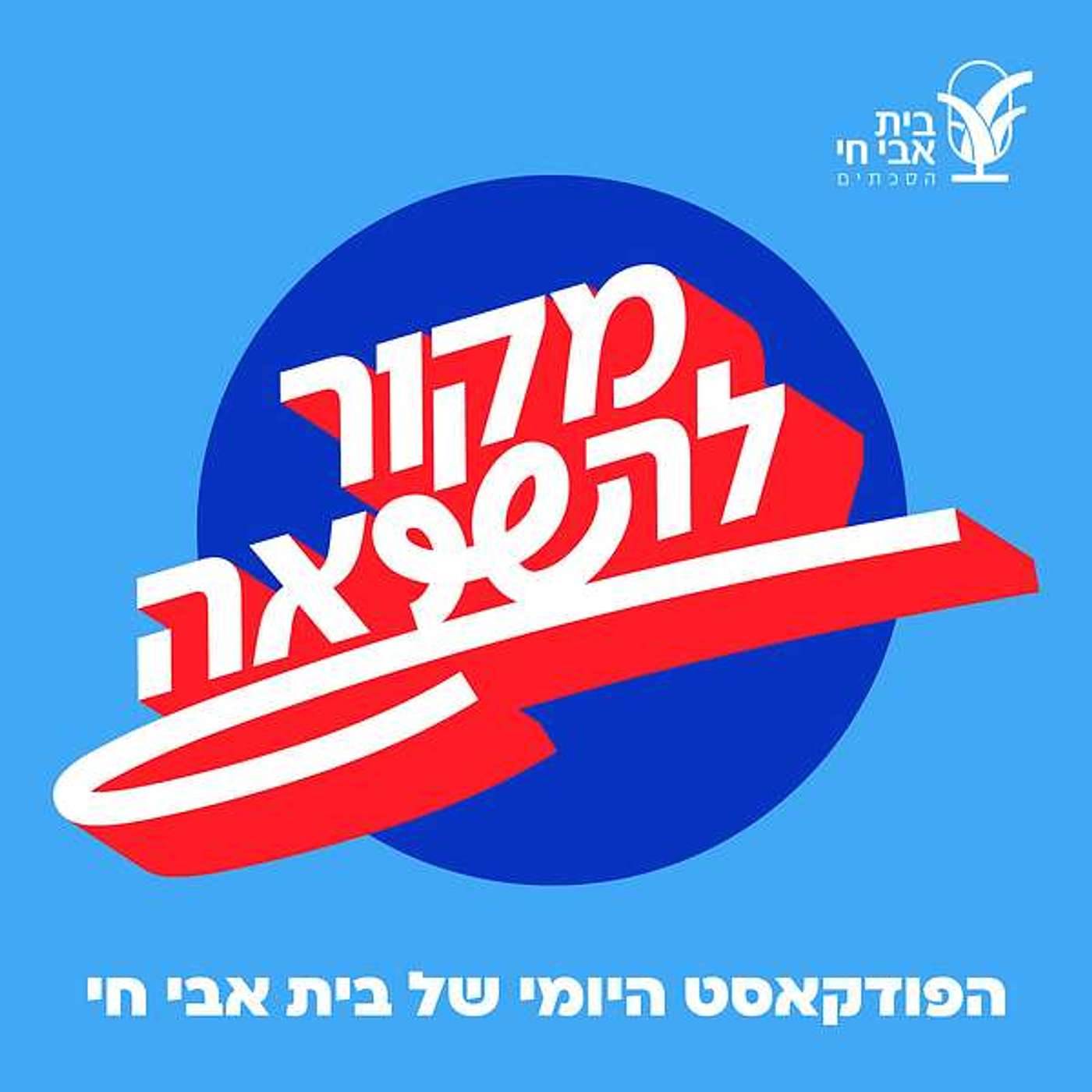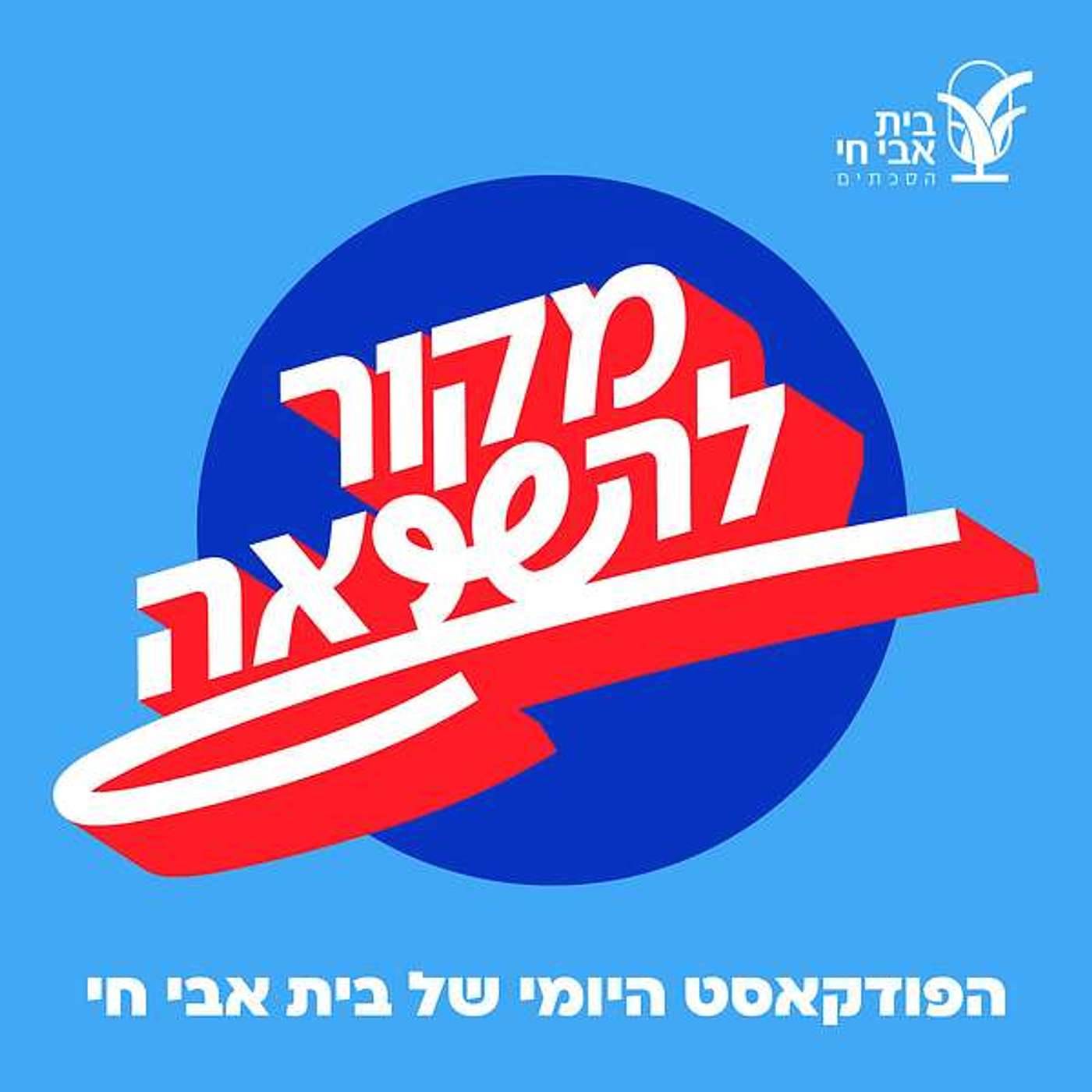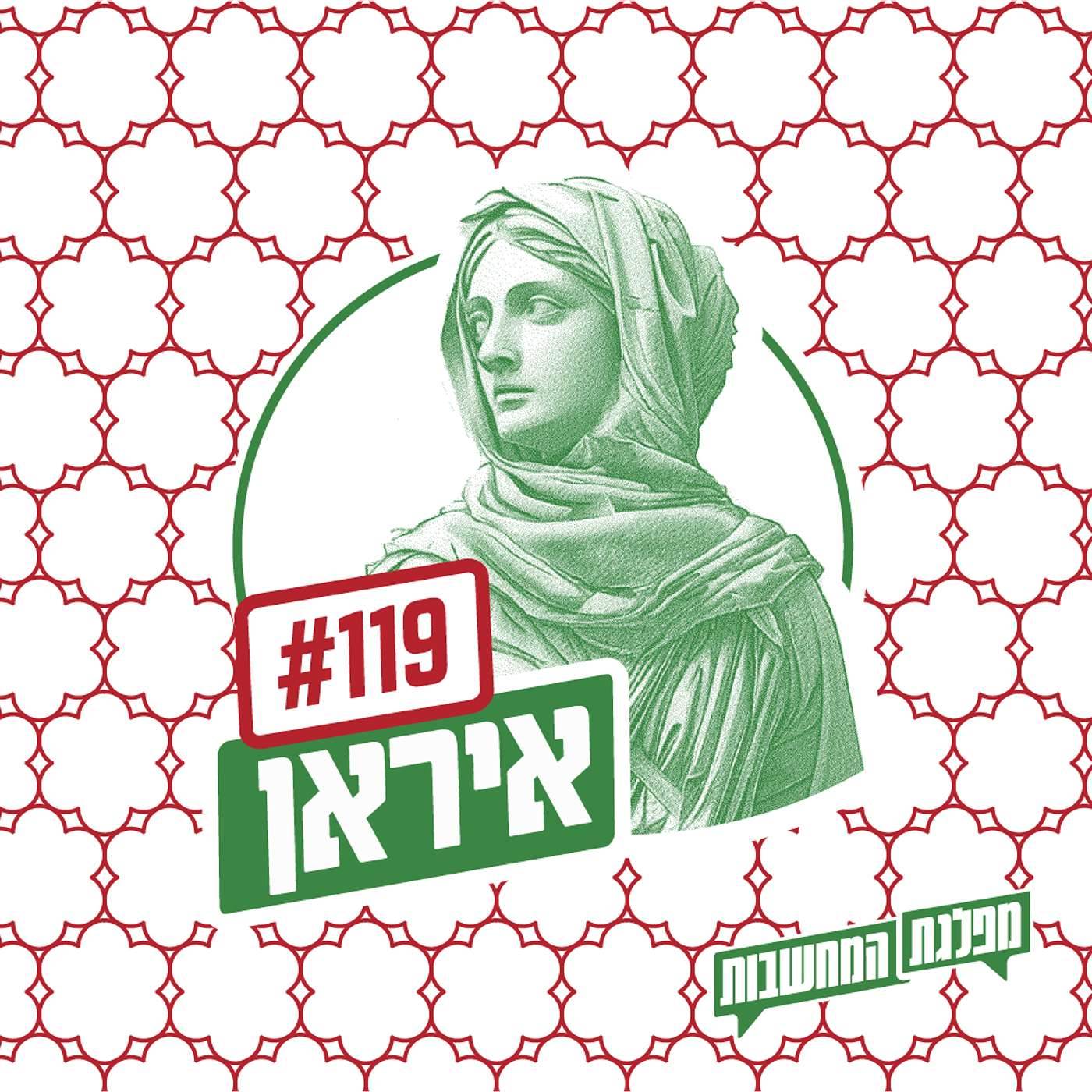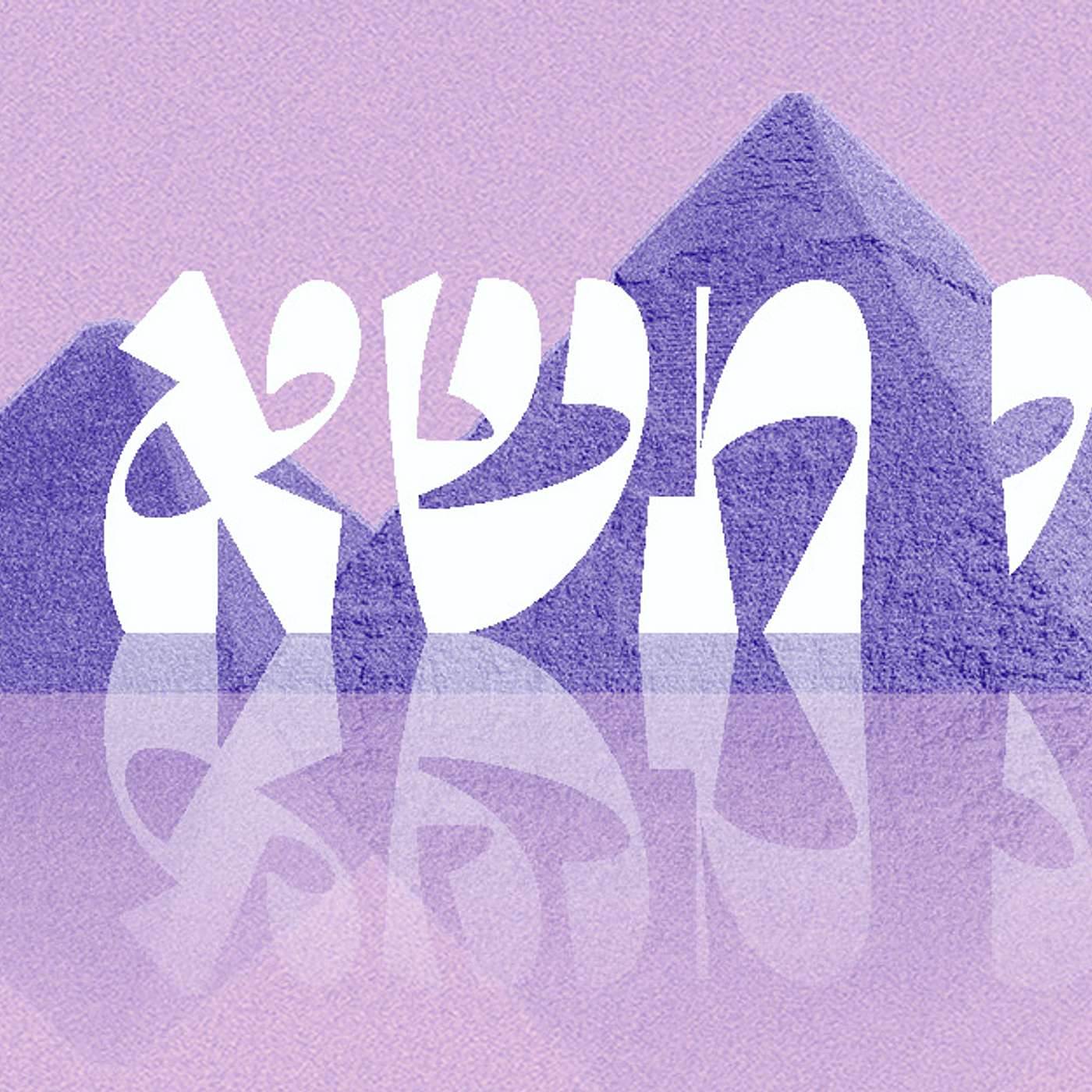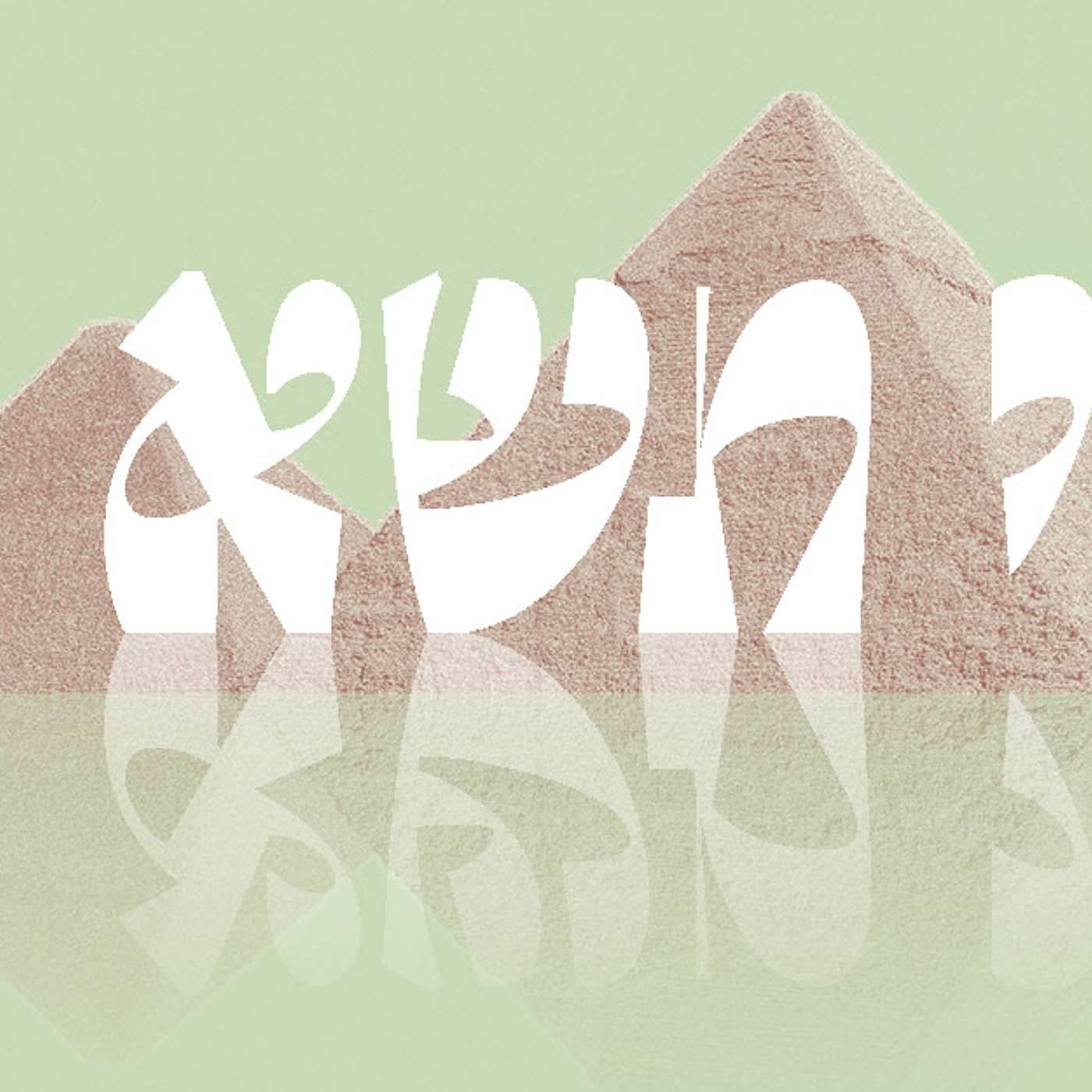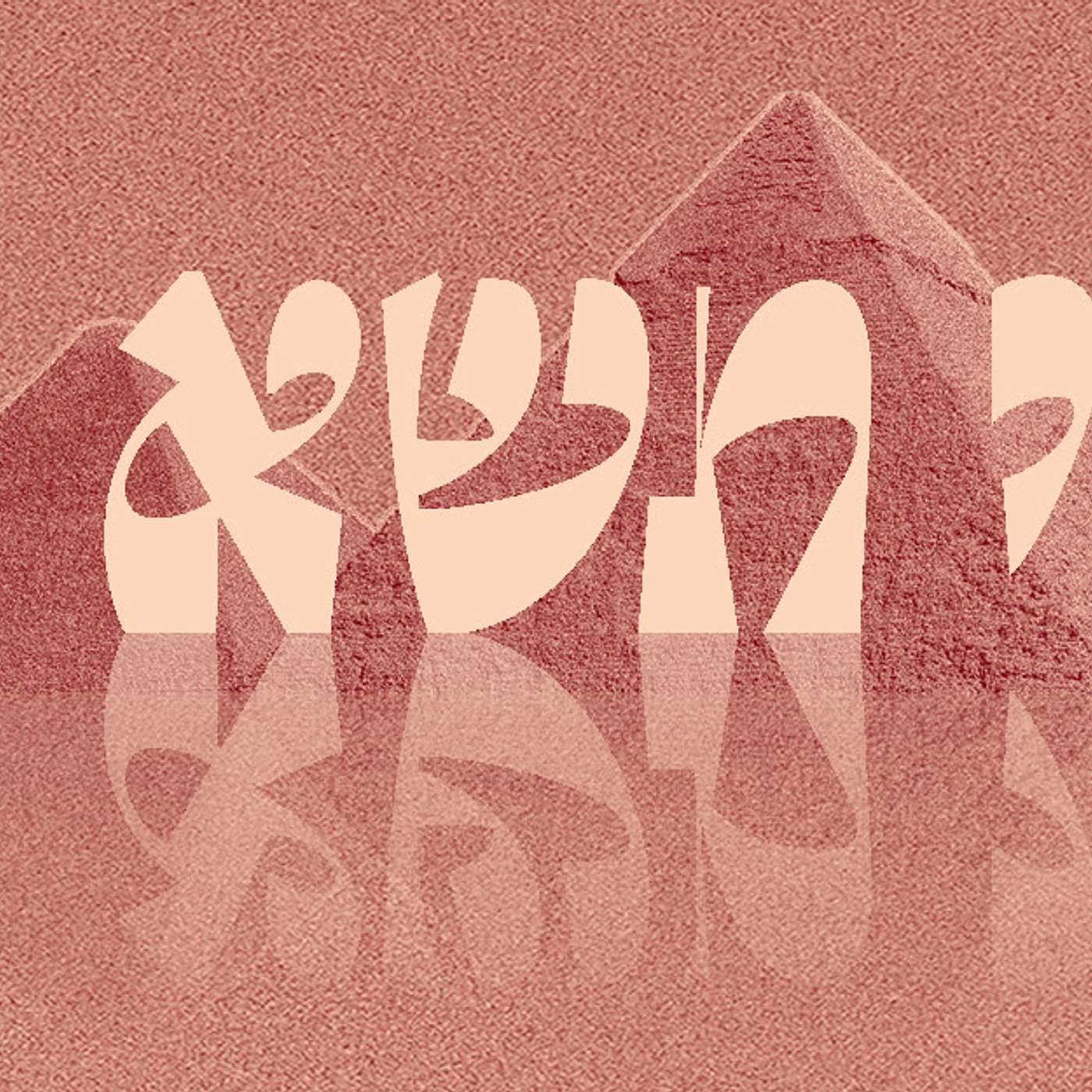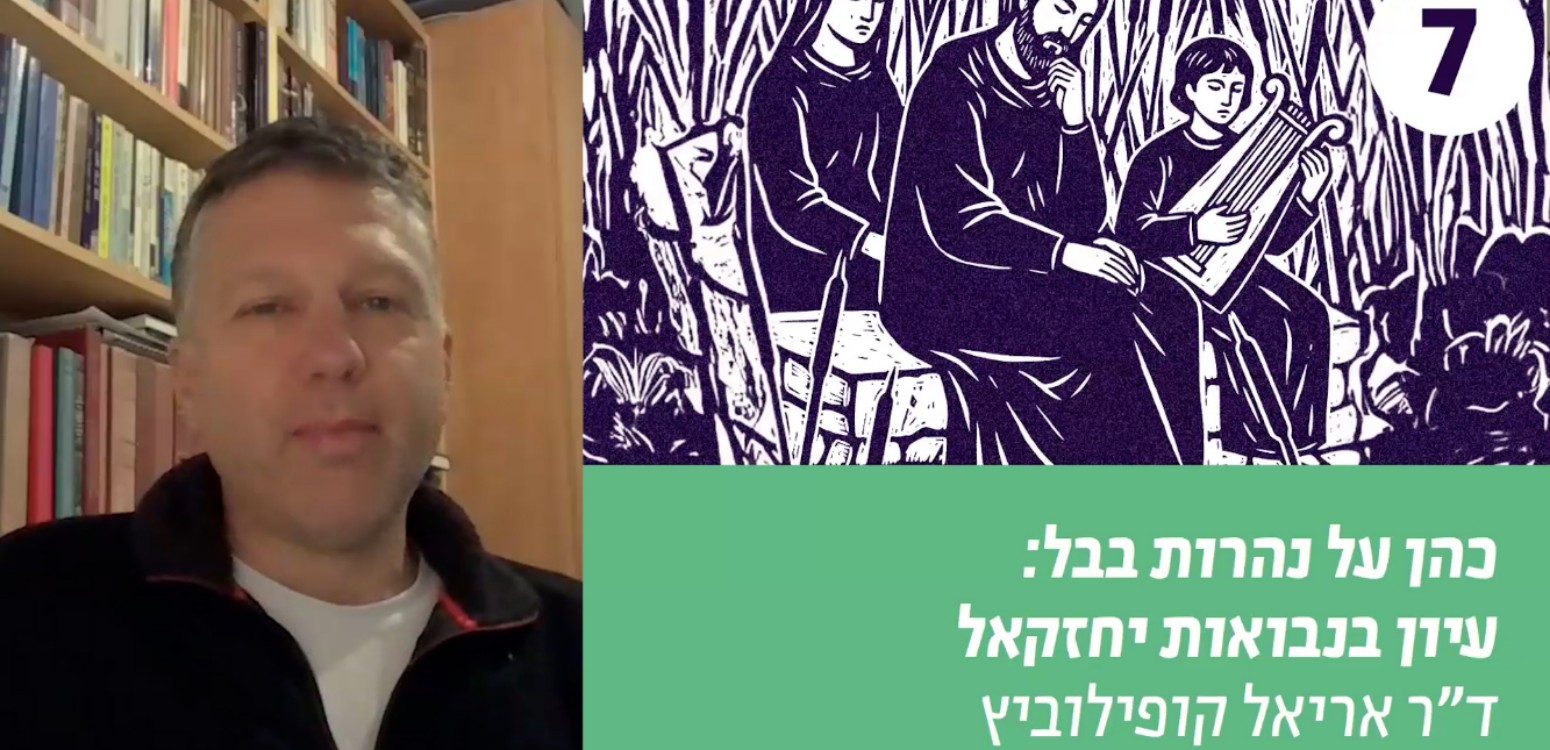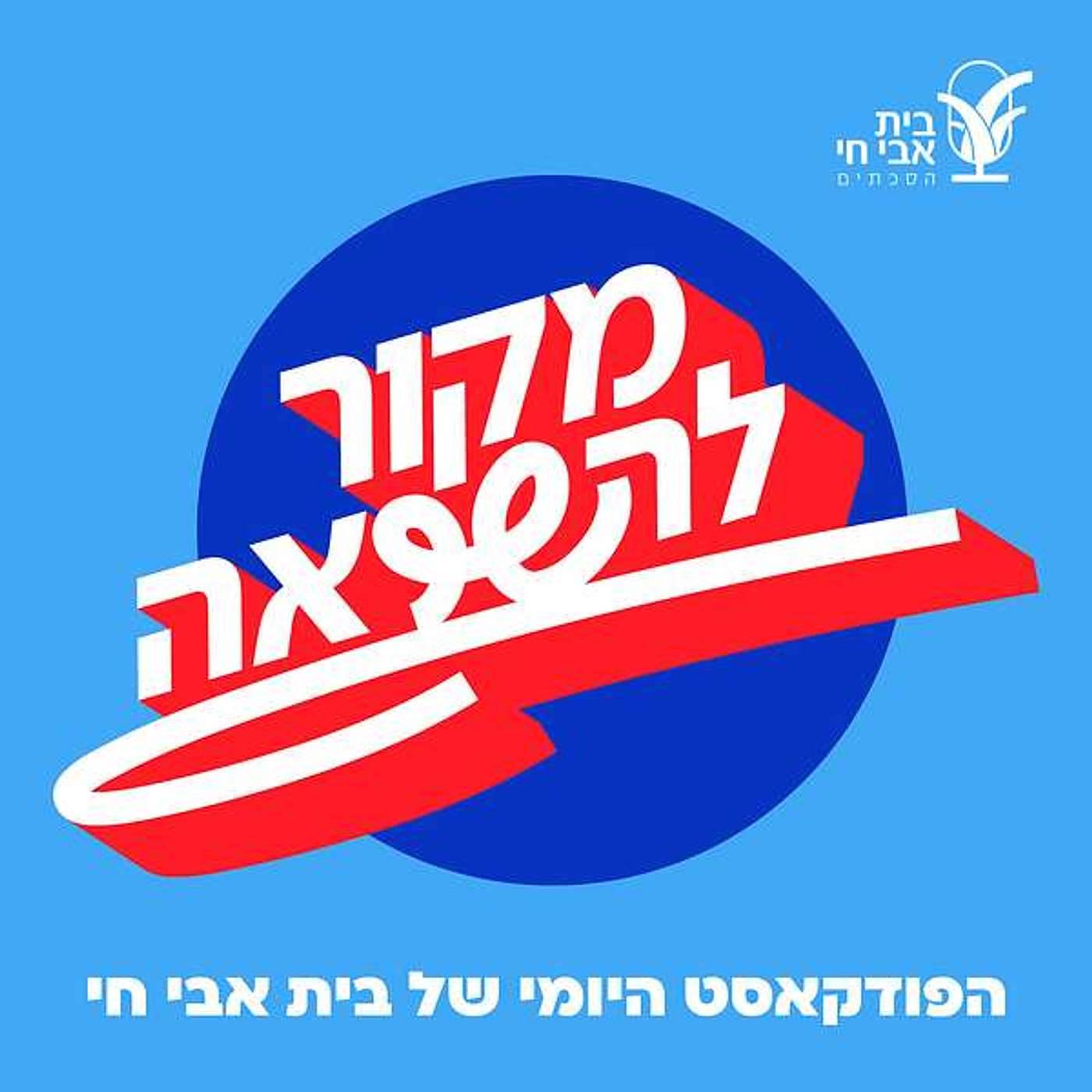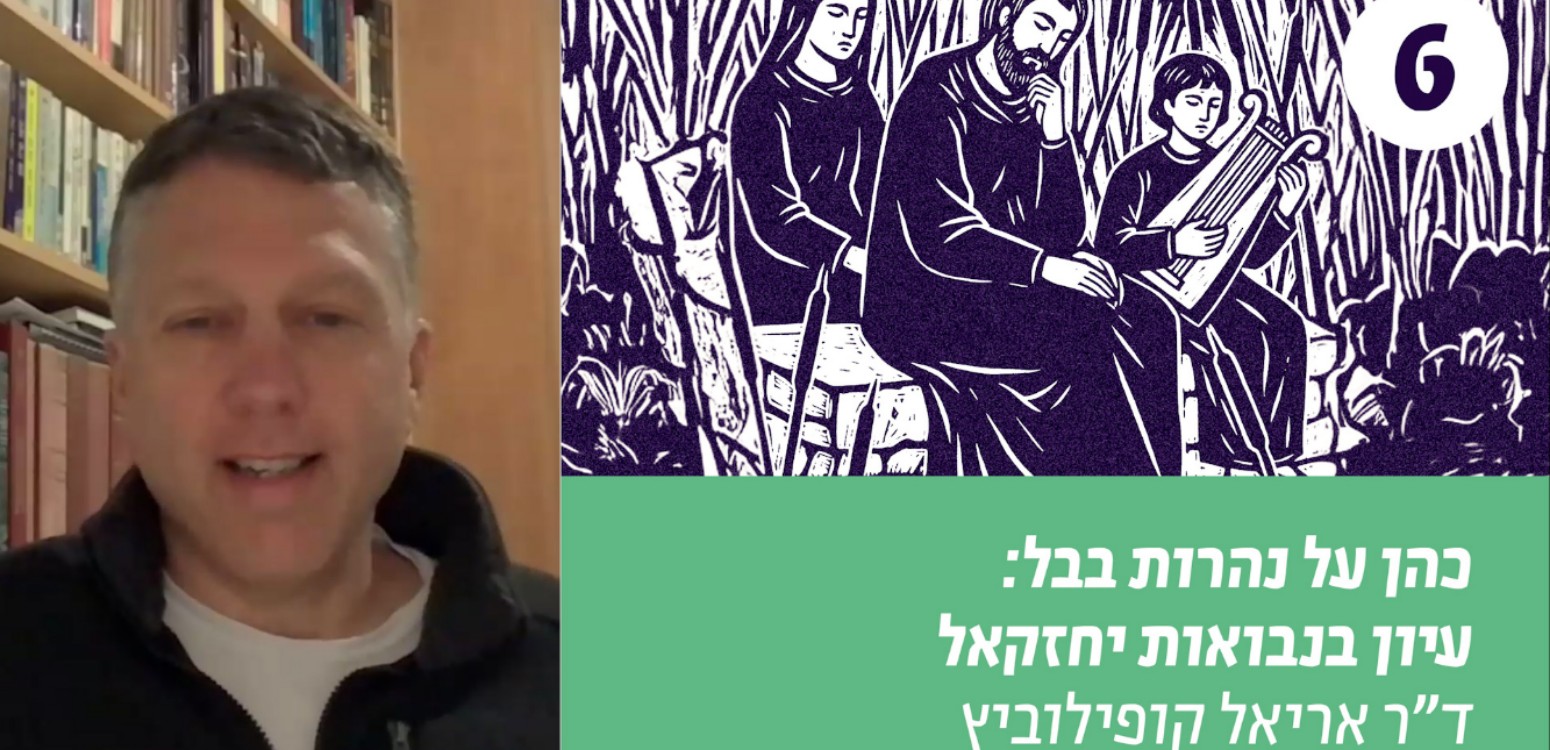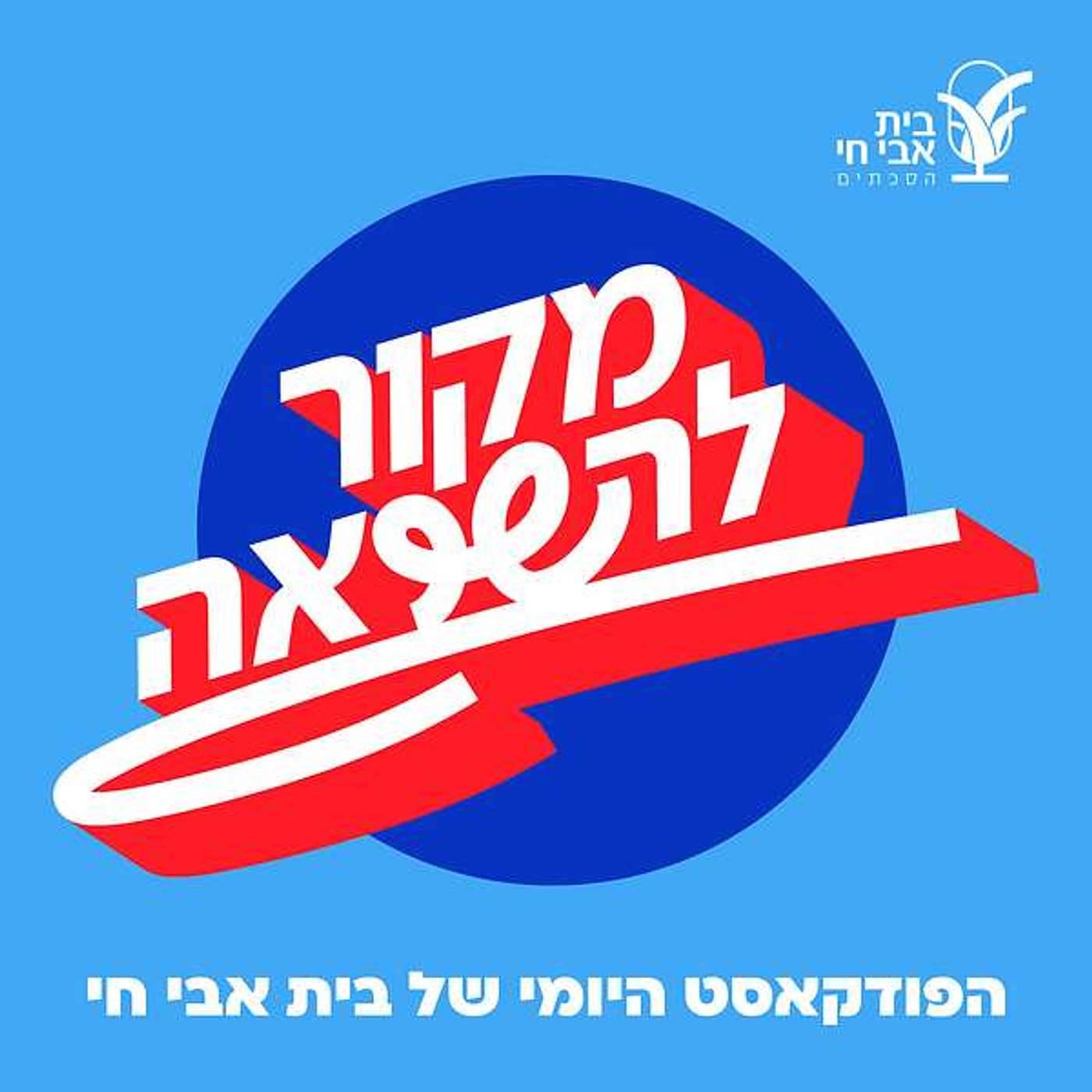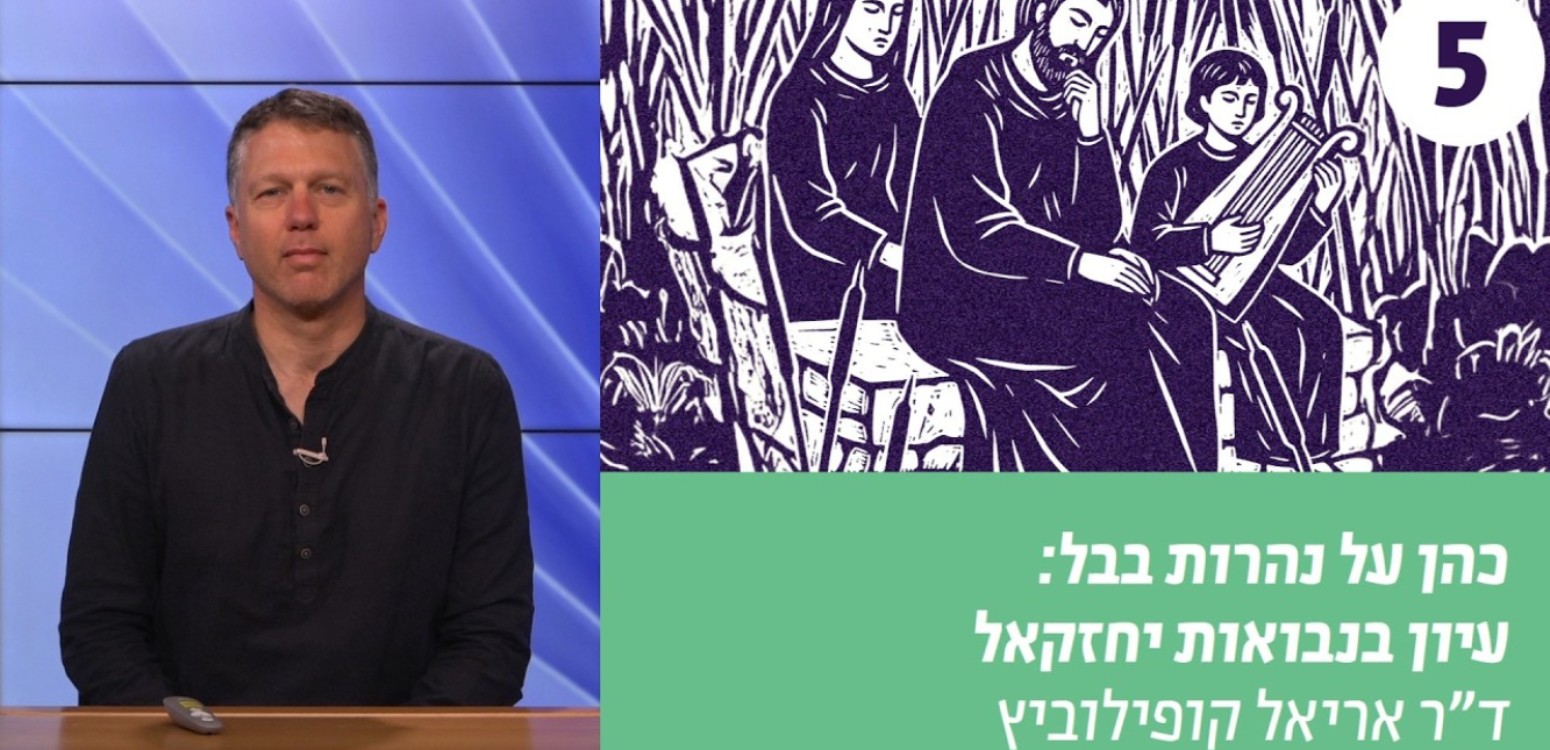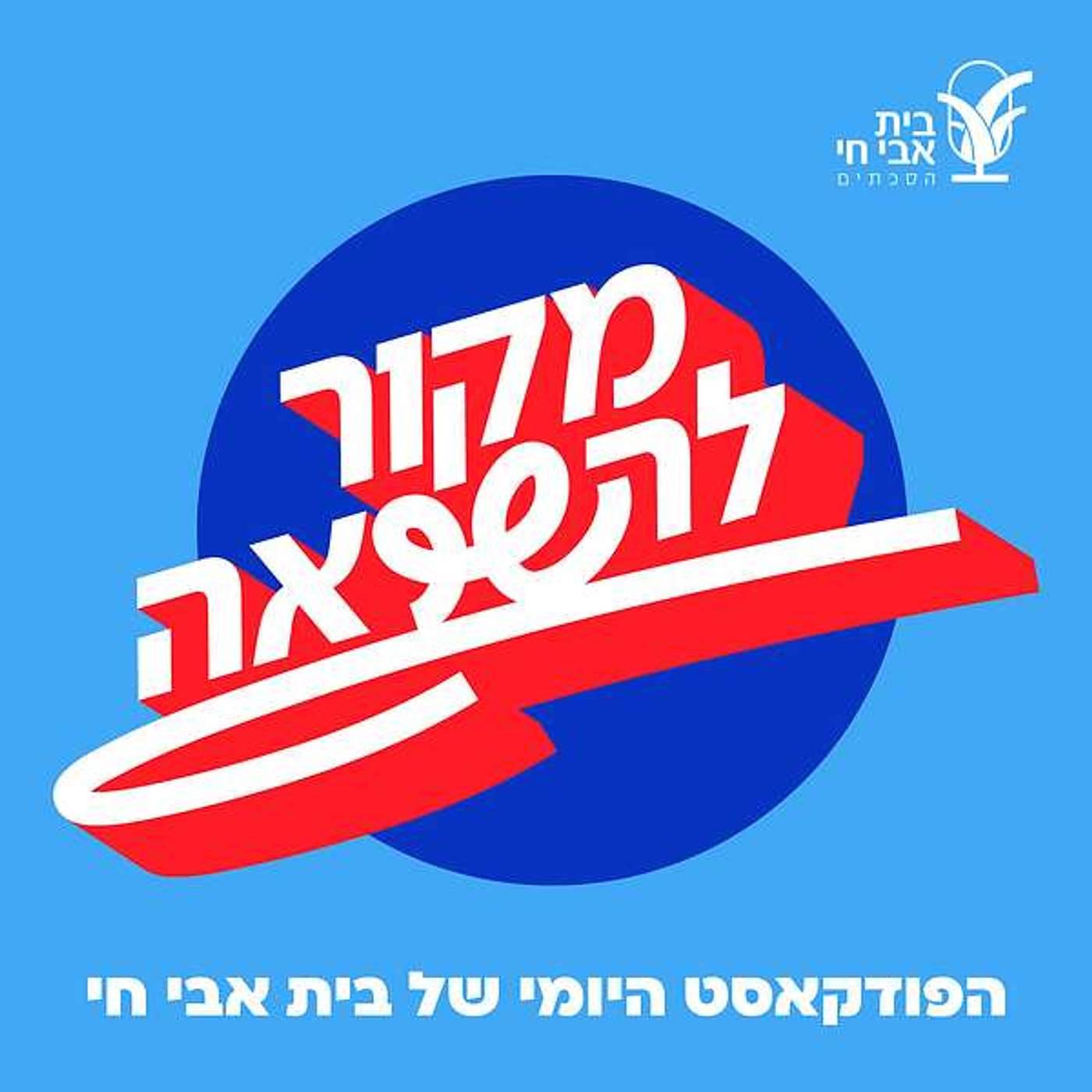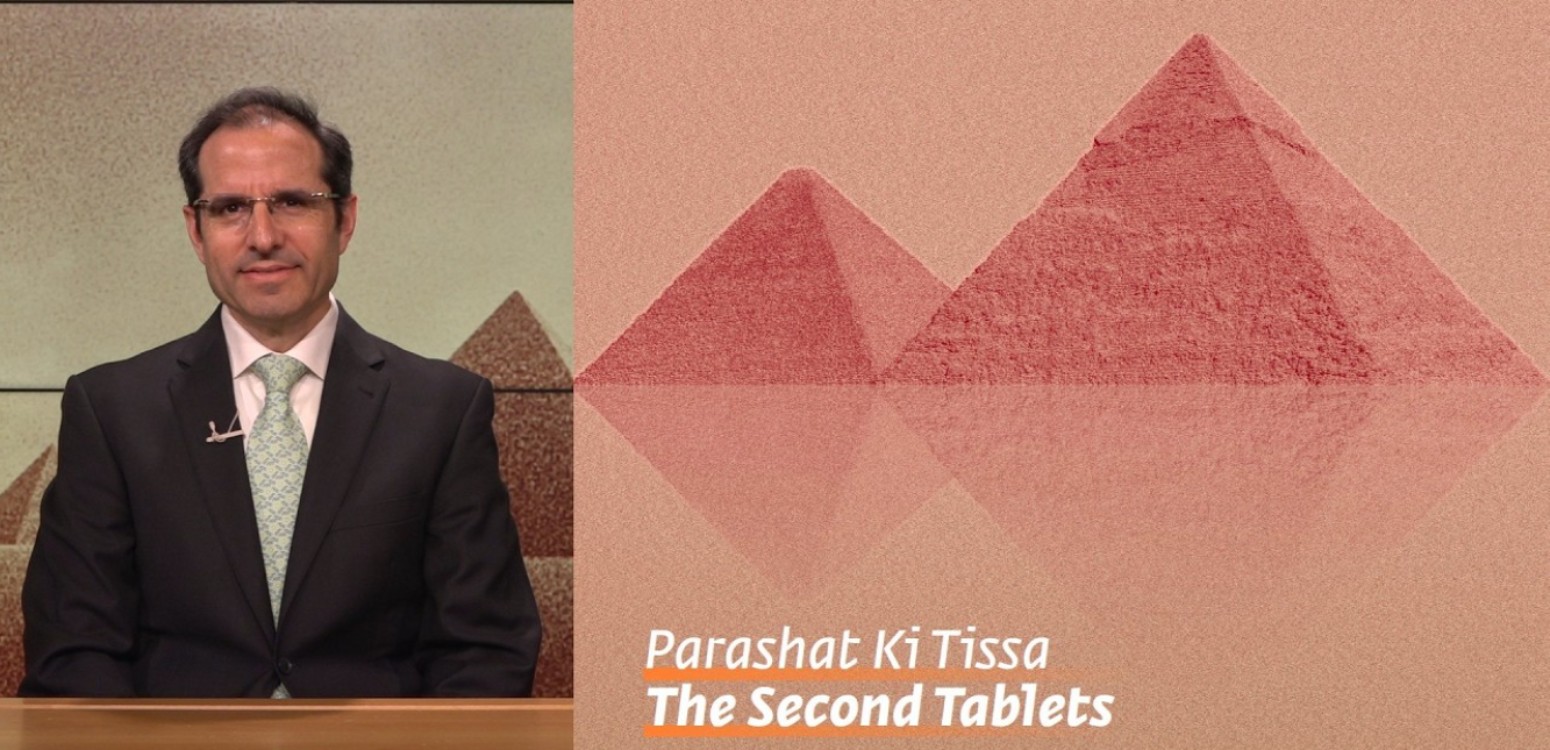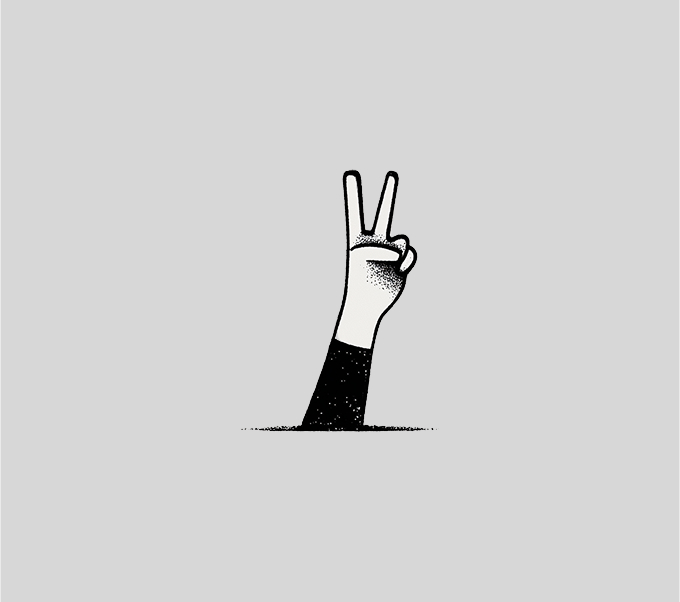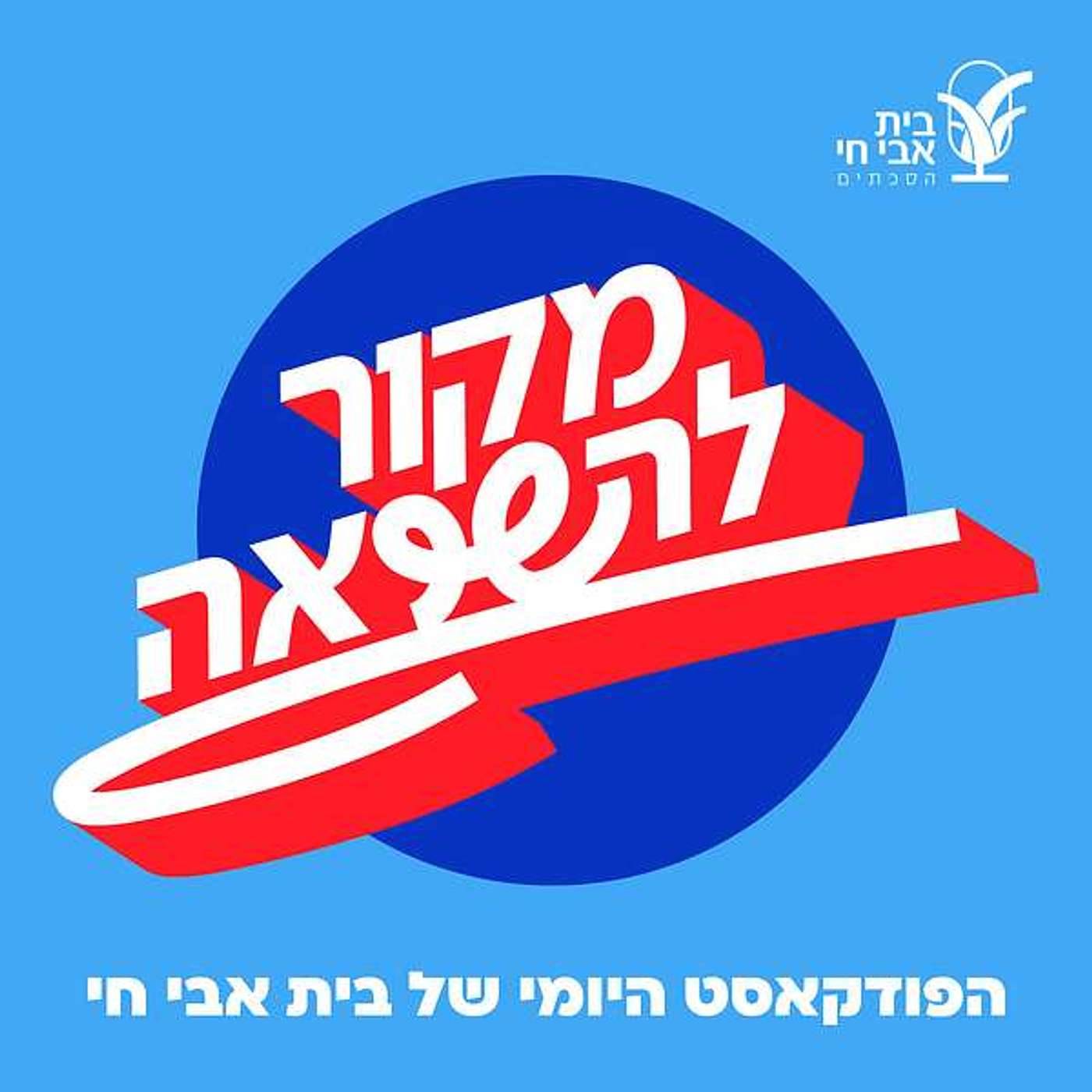
Ehud and Chagai Gordon were non-identical twins with an identical fate: they were killed within 13 days of each other. Despite the tragedy, it seems that the memory of the Gordon twins has almost been forgotten. The clip provides a glimpse at the two different characters of the twins and their love for the kingdom of the bees.
In memory of First Sargent Ehud Gordon and First Sargent Chagai Gordon
Ehud and Chagai Gordon were born in 1950 in Shdemot Devora in the Lower Galilee. They were sons to Miriam and Benyamin and brothers to Amos and Eda. In 1955, the family moved to Kfar Mordecai. The brothers were non-identical twins and were very different both in their looks and in their character.
Chagai was a doer and from a young age he developed a love for beekeeping. His father purchased a farm in Kfar Mordecai, near that of the family. He became dedicated to beekeeping and devoted all of his time to it. Ehud on the other hand was considered to be a bookworm – he was quiet, serious and decisive; he believed in justice and values. He excelled in fixing cars and putting together complicated gadgets. He was also very knowledgeable about beekeeping and never stopped thinking about ideas to make it more efficient.
Chagai joined the army in May 1968 and was assigned to the Armored Corps. Six months later, his twin brother also joined. On their demobilization, each turned to what he loved doing – Chagai returned to the farm and to beekeeping while Ehud went to work at the ELTA factory where, among other things, he was part of the advanced development of a communication device.
When the Yom Kippur War broke out, Amos, their older brother, was called up to his tank unit in the Golan Heights. Their sister Eda was doing her compulsory military service in the air force at the time. The twin brothers were called up for reserve duty and fought on the southern front.
On October 9th, 1973, Ehud’s unit was facing a large Egyptian force in the Hamadiya sector. His tank was the last one in the field and was firing on the Egyptian tanks trying to climb the ridge. One of the Egyptian tanks hit his tank and all four of its crew were killed. For bravery in battle, Ehud was decorated posthumously.
On October 21st, 1973, Chagai was taking part in the tank battles in the area of the Chinese Farm. At the end of that day, after he had brought his wounded commander to the staging area for the wounded, he was told that Chagai, his twin brother, had been killed. When the battalion was notified that Ehud had been killed, Chagai was transferred to the command post behind the lines.
At about seven in the evening, on October 22nd, 1973, and about five minutes before the first ceasefire was to go into effect, the Egyptians began heavily shelling the bridges. A missile fired at the bridges hit the command post and ten of the soldiers there were killed. Chagai was among them; he was 23 at the time of his death.
Chagai wrote a letter to his parents that arrived after his death. In it he wrote: “Don’t worry, everything will be OK. I am alive and among the few survivors of the battalion…”
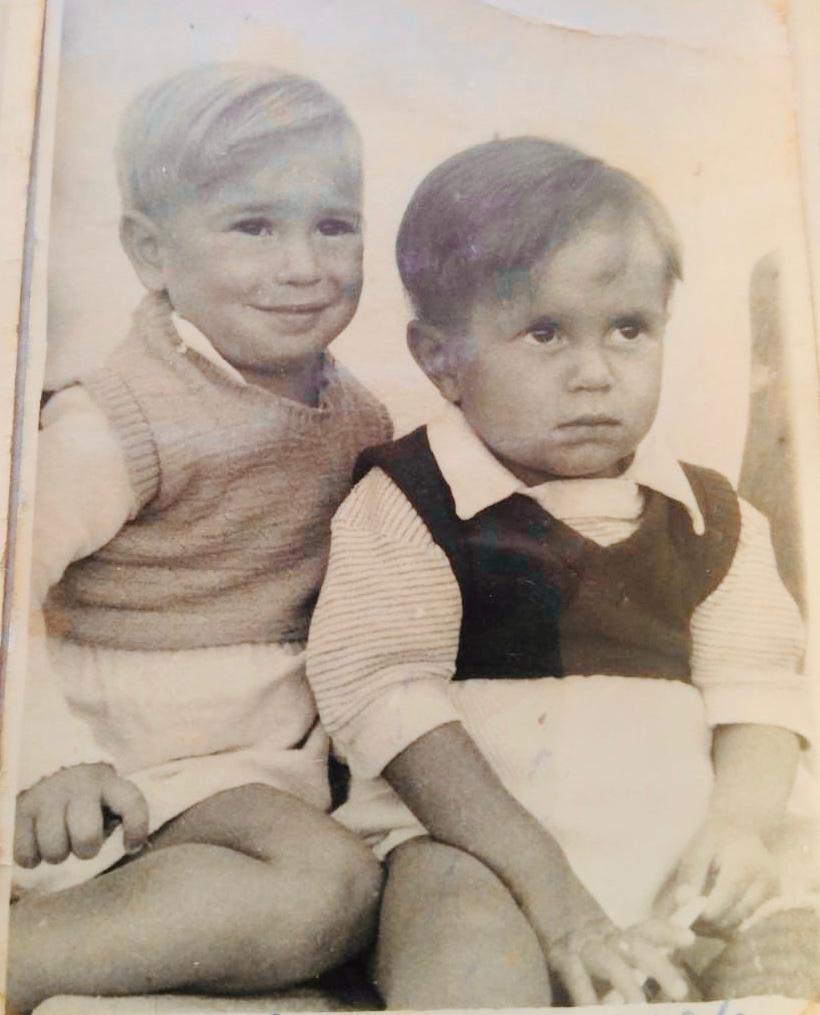 Chagai Gordon Ehud Gordon( from the right) Z"L |
Comments by the creator Mariana Raskin:
When I read the story of the Gordon brothers, I imagined one of those old films with a nostalgic air about it. The film describes a minor story from their childhood and shows how their lives were intertwined with the lives of bees, from their childhood until adulthood. I tried to show the wonder of the bees, to put the viewer within their world and the world of beekeeping that they so loved and which was such an important part of their lives.
With respect to style, I tried to achieve a certain amount of minimalism, to give it room to breathe, and primarily to emphasize the main characters in the story, namely Chagai, Ehud and the bees. And to show the unique connection between them.
עוד בבית אבי חי

